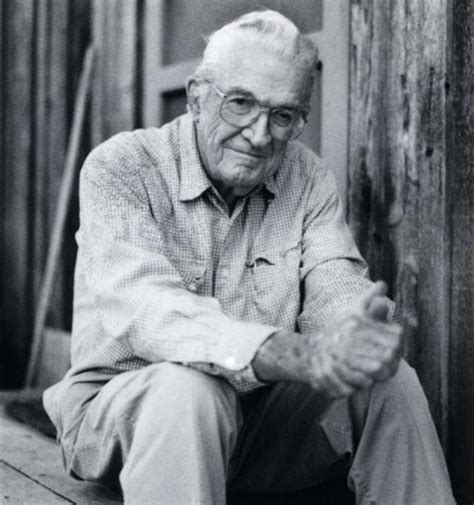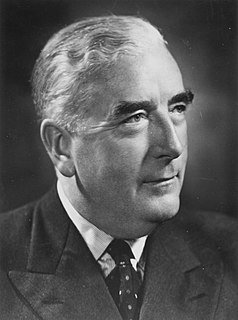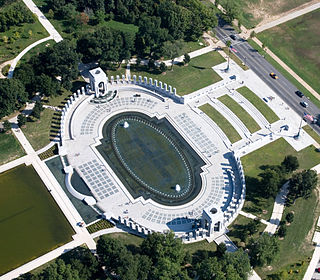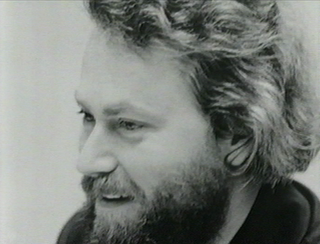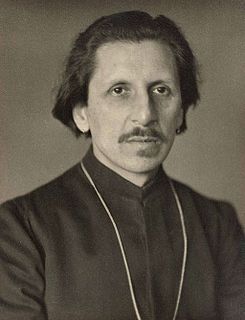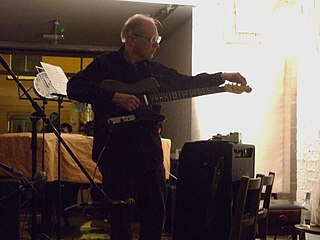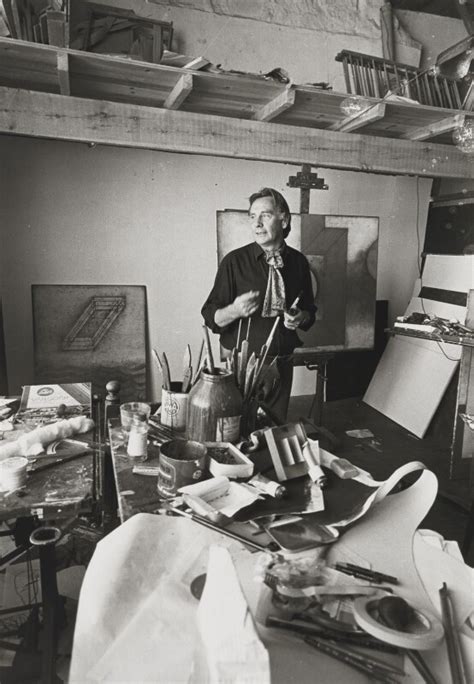A Quote by Harold Pinter
Language in art remains a highly ambiguous transaction, a quicksand, a trampoline, a frozen pool which might give way under you ... at any time.
Related Quotes
Most autumns, the water is low from the long dry summer, and you have to get out from time to time and wade, leading or dragging your boat through trickling shallows from one pool to the long channel-twisted pool below, hanging up occasionally on shuddering bars of quicksand, making six or eight miles in a day's lazy work, but if you go to the river at all, you tend not to mind. You are not in a hurry there; you learned long since not to be.
The way I make art - the way a lot of people make art - is as an extension of language and communication, where references are incredibly important. It's about making a work that is inspired by something preexisting but changes it to have a new value and meaning that doesn't in any way take away from the original - and, in fact, might provide the original with a second life or a new audience.
Experiment is necessary in establishing an academy, but certain principles must apply to this business of art as to any other business which affects the artistic tic sense of the community. Great art speaks a language which every intelligent person can understand. The people who call themselves modernists today speak a different language.
I think it is fair to say that during World War II there was a high sense of purpose. The country had a very clear vision of its own standing, of its own morality. It was not an ambiguous time. Today, we live in a world that is highly ambiguous, very fractured, with many of the historical, traditional values in a state of collapse, really.
Cinema is a kind of pan-art. It can use, incorporate, engulf virtually any other art: the novel, poetry, theater, painting, sculpture, dance, music, architecture. Unlike opera, which is a (virtually) frozen art form, the cinema is and has been a fruitfully conservative medium of ideas and styles of emotions.
It has not been definitively proved that the language of words is the best possible language. And it seems that on the stage, which is above all a space to fill and a place where something happens, the language of words may have to give way before a language of signs whose objective aspect is the one that has the most immediate impact upon us.
The art and architecture of the past that we know is that which remains. The best is that which remains where it was painted, placed or built. Most of the art of the past that could be moved was taken by conquerors. Almost all recent art is conquered as soon as it's made, since it's first shown for sale and once sold is exhibited as foreign in the alien museums. The public has no idea of art other than that it is something portable that can be bought. There is no constructive effort; there is no cooperative effort. This situation is primitive in relation to a few earlier and better times.



